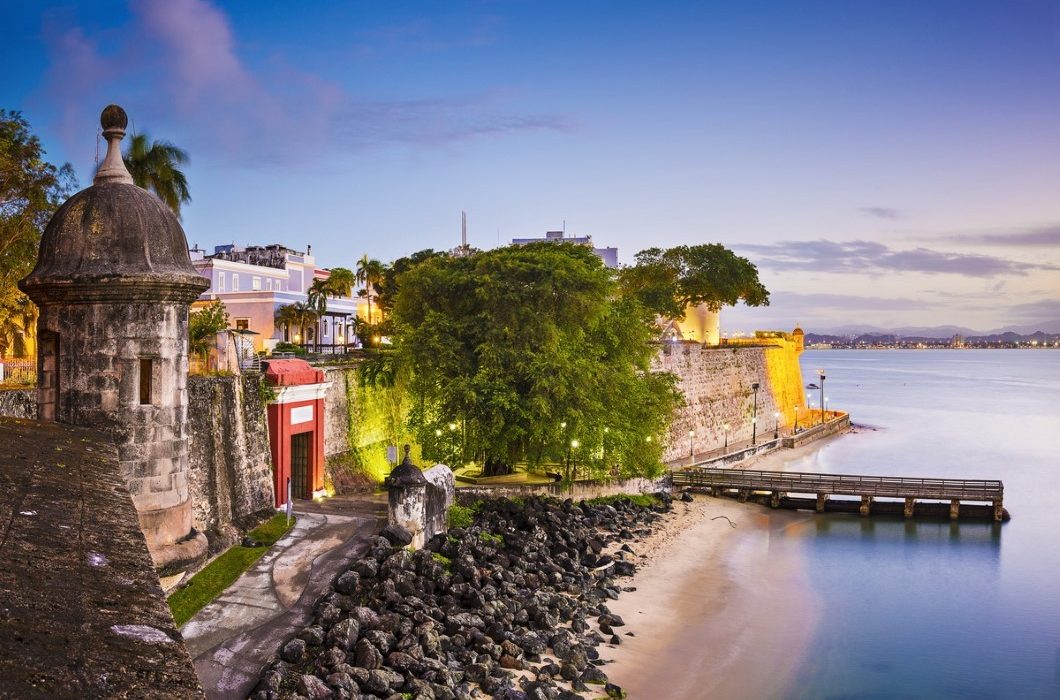
You might also like:
Hotels, restaurants and businesses choose to close indefinitely while contemplating whether recovery is possible. The tourism industry in Puerto Rico wore optimism in the months before the impact of Hurricane Maria: in July it had collected a historic figure for hotel taxes, in August it was beginning to profit from an agreement with Airbnb and in the weeks before the storm premiered an advertising campaign to the rhythm of the song ‘Despacito’ was launched.
But everything went to the ground in the early morning of September 20, when Maria destroyed many of the beaches, parks, hotels, shops and restaurants with which Puerto Rico attracts millions of tourists every year.
“Economic activity disappeared and tourism disappeared,” recently lamented Guillermo Christian Jeffs, who has been selling hats and handicrafts in his Olé Curiosidades store in Old San Juan for almost 40 years. “At this moment there are no tourists in Puerto Rico, only the rescuers come to San Juan.”
The storm impacted all sectors of tourism industry in Puerto Rico, leaving countless people without work and the tourism infrastructure in complete disorder. Maria even partially destroyed El Yunque National Park, one of the island’s greatest natural heritages.
“We cannot question what has been the impact of the most significant atmospheric event in the modern history of Puerto Rico,” the director of the Tourism Company of Puerto Rico, José Izquierdo, said.
The biggest challenge now will be to attract foreigners to a territory in recovery.
One month after the hurricane, many of the major hotels in Puerto Rico, including the Meliá Coco Beach in Rio Grande and the W Hotel in Vieques, remain closed indefinitely. Only a hundred hotels endorsed by the Tourism Company have opened their doors, although none are hosting tourists.

“Almost all are 100% filled by emergency management personnel: that is, FEMA, the military, nonprofit organizations,” said Izquierdo, adding that many of these hotels, especially those located in the metropolitan area of San Juan, will begin to empty in mid-December.
In July, the island raised about 6.922 million dollars in hotel occupancy taxes, the highest figure for that month in at least a decade. And in August, a tourism agreement with the company Airbnb entered into effect, which for the first time would directly charge a local tax of 7% to its hosts on the island.
Despite the lethargy in which Puerto Rico has fallen, Izquierdo assures that the current state of the island is an opportunity to rebuild the tourism industry in Puerto Rico, as happened in the city of New Orleans after Hurricane Katrina or in Detroit after its bankruptcy.
Source: tourism-review.com
